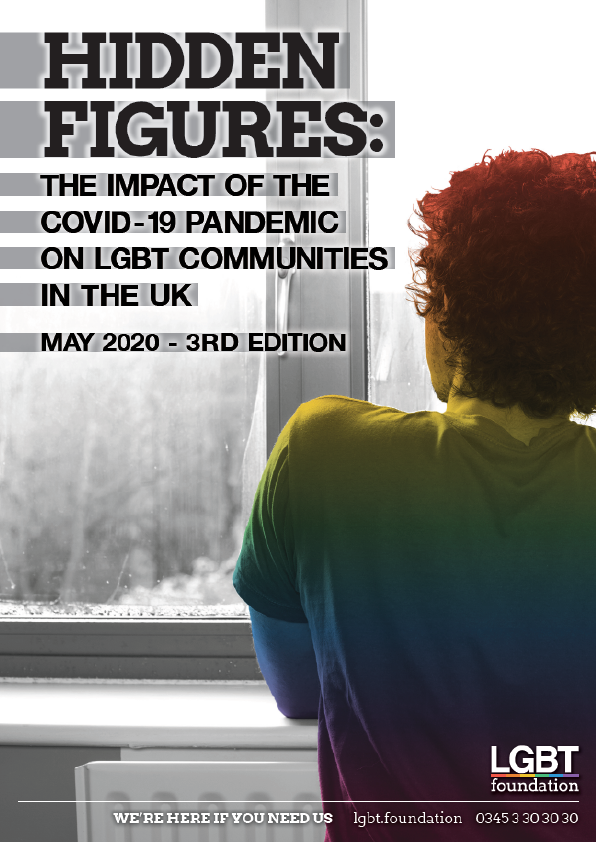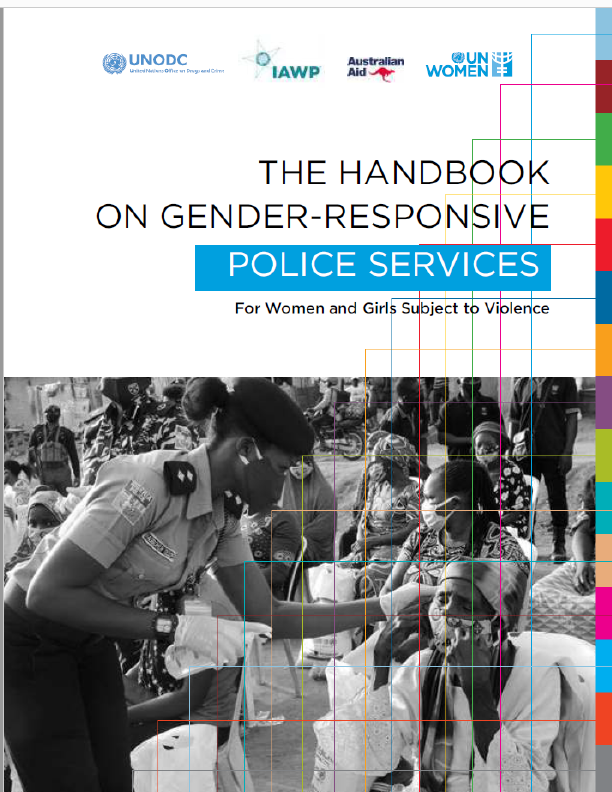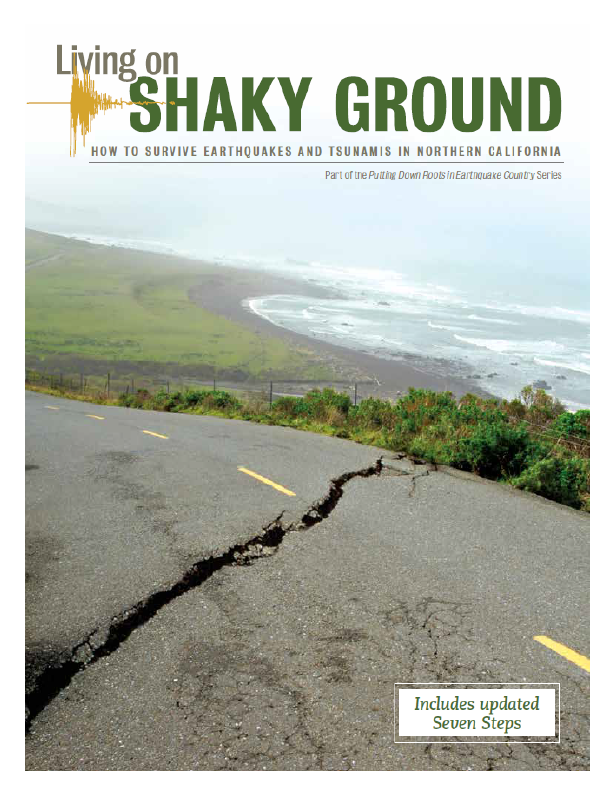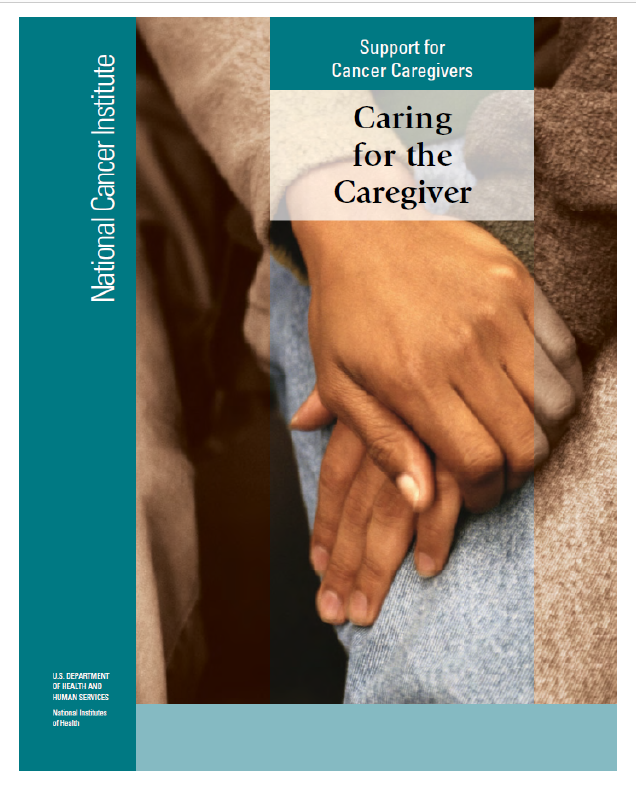What does it mean to be homesick in 2015, and does technology help or hinder us when we move to a new place? John Osborne revisits his past to find out.
I m standing outside a cottage in the Vienna woods. It’s where I used to live and this is the first time I’ve been back since I left ten years ago. The roads are steep here, and as I walked up the hill from the tram stop the slope felt reassuringly familiar. I recognised the ache in the back of my legs that told me I was nearly there.
Saturnweg, Merkurweg, Jupiterweg. The streets take their names from the solar system, and that seems appropriate for a place that felt so alien and far away when I first arrived. There is a romance to the planets, though, and I feel the same about the alignment of these streets. In the distance is the most spectacular view of the hills. And here, the little cottage with the green gate. The only house on the street without a swimming pool.
I’m not surprised I was homesick when I first arrived here. The 22-year-old version of me must have been completely out of his depth. I didn’t keep a diary back then, but if I did, for day one I’m sure I’d have just written “Oh dear”.
The first time I ever remember feeling homesick was at Cub [Scout] camp. Being away from home for the first time is a terrifying experience, but sometimes there are grown-ups in woggles to look after you. In that Austrian cottage, inside the front room, I felt the most overwhelming homesickness I have ever experienced: it was a physical pain, and it lasted for a couple of weeks. That seems like no time at all now, looking back, but at the time it felt like it would last longer than the Austro-Hungarian Empire.Luckily, as is predominantly the case, the homesickness didn’t last. But sometimes homesickness can linger, exacerbated by society’s refusal to address it directly as an issue. For centuries, the way to deal with homesickness has been to pretend it does not exist. Susan Matt, author of the book Homesickness: An American history, writes: “Because homesickness is absent from modern accounts of the past, it is seen as an illegitimate emotion in the present.”
Reference:
- Susan J Matt’s book Homesickness: An American history looks at American history through the lens of homesickness.
- More information on the Red Cross’s work with refugees.
- Psychological Aspects of Geographical Moves: Dr Miranda van Tilburg’s edited collection on homesickness and acculturation stress.











